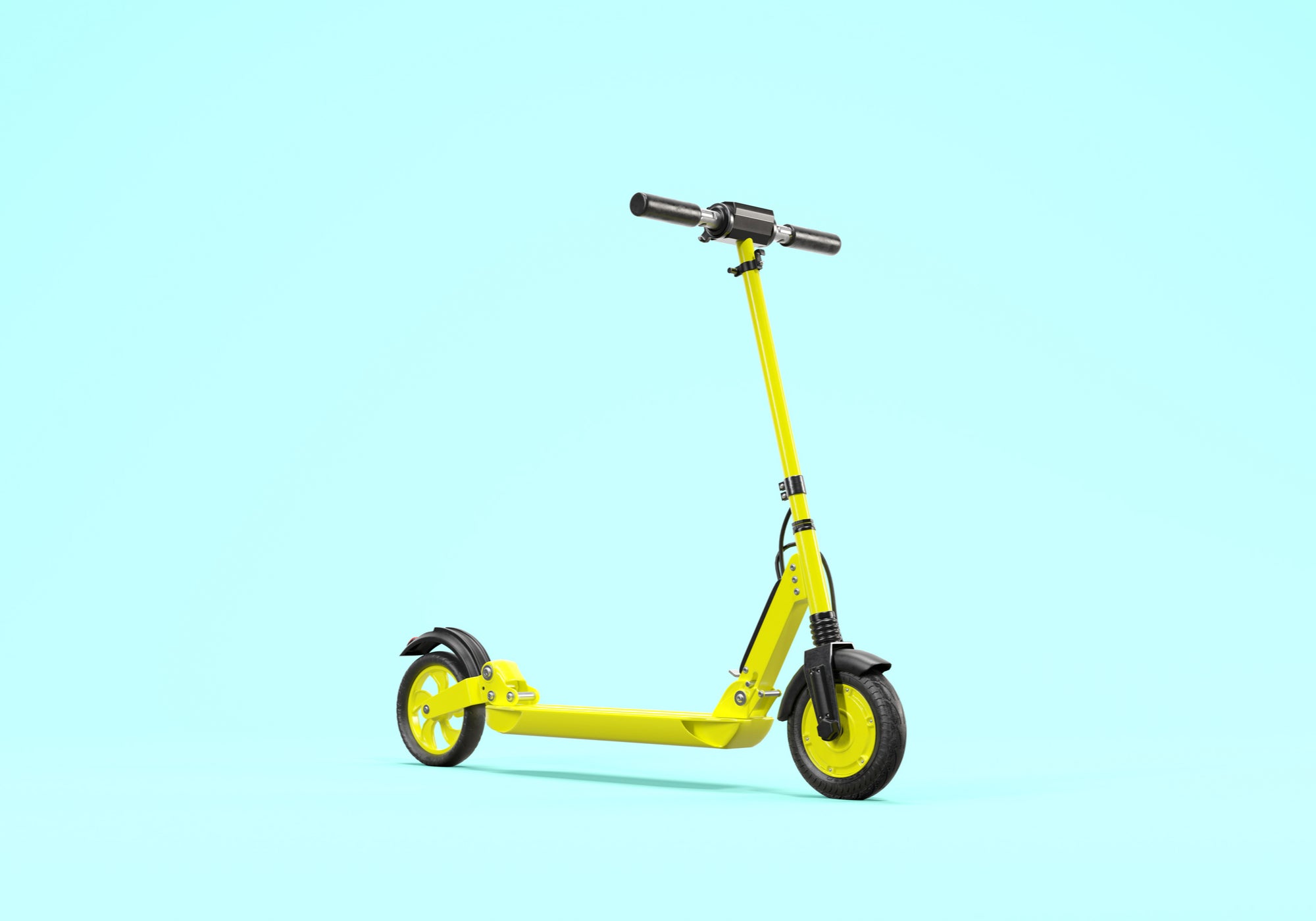
Three European e-scooter firms looking to roll out rental scooters on Britain’s roads have committed to sustainability standards that include never demolishing an e-scooter and not relying on gig workers to maintain the fleet.
Dott, Tier and Voi – based in Amsterdam, Berlin and Stockholm respectively – made the ten environmental and social commitments weeks after the UK government announced a 12-month trial period for rental e-scooters in select locations.
The coalition has called on rival firms to commit to its sustainability pledges in a move likely to put pressure on those competing for a slice of the UK’s nascent e-scooter market.
“Sustainability is at the core of our industry and the value that our service brings. It is important that we take responsibility for our practices and are held to the highest standards so that consumers and cities can have complete faith in the sector and our way of operating,” said Henri Moissinac, CEO and co-founder of Dott, Lawrence Leuschner, CEO and co-founder of TIER and Fredrik Hjelm, CEO and co-founder of Voi in a joint statement.
“We’re inviting all other companies currently operating in Europe to join the movement and commit to these sustainability standards.”
Verdict reached out to several rival e-scooter companies for comment.
How well do you really know your competitors?
Access the most comprehensive Company Profiles on the market, powered by GlobalData. Save hours of research. Gain competitive edge.

Thank you!
Your download email will arrive shortly
Not ready to buy yet? Download a free sample
We are confident about the unique quality of our Company Profiles. However, we want you to make the most beneficial decision for your business, so we offer a free sample that you can download by submitting the below form
By GlobalDataAndrew Savage, VP for Sustainability at US-headquartered Lime said:
“We think the commitments our competitors have laid out could go further. Starting in 2018, Lime was the first and only operator to charge its fleet with 100% renewable energy and is the first operator to certify a fleet CarbonNeutral through a respected global protocol – the CarbonNeutral Protocol. We already utilise three times more recycled content than their goal and have long disassembled and reused vehicle components to avoid waste.
“We are aggressively transitioning to all zero-emissions operations vehicles and are the only signatory of The Global Climate Group’s EV100 commitment in the industry.”
A spokesperson for Barcelona and Berlin-based Wind Mobility told Verdict that it would be “happy” to join the sustainability initiative and said it had already achieved “many of these goals”. They pointed to Wind offering swappable batteries, donating and recycling old e-scooters and running “many” of its warehouses with green energy.
E-scooter sustainability pledges in full
Tier, Voi and Dott said they will appoint an independent body to ensure they adhere to their commitments, which cover areas ranging from manufacturing to end of life.
The e-scooter sustainability commitments in full are:
- Using at least 20% recycled material in all new e-scooters from 2021
- Purchasing all new e-scooters with swappable batteries from 2020
- No precarious ‘gig’ work in any market, and committing to living wage standards
- Responsible growth, with no flooding of streets
- Running all warehouses on green energy by the end of 2020
- Using only electric vehicles for recharging and maintenance of fleet by end of 2021
- Taking steps to mitigate the risk of e-scooters ending up in waterways and combining resources to retrieve e-scooters from waterways in cities where we are jointly active
- Never demolishing an e-scooter, and recycling parts that cannot be repaired or reused as spare parts
- Finding second-life solutions for all functioning e-scooters
- Calculating the carbon emissions during the full lifecycle and offset the emissions
E-scooters’ sustainability promise
Electric scooters are being touted as an environmentally friendly alternative form of transport that could help the UK meet its net-zero climate commitment.
“E-scooters and other forms of micromobility have the potential to reduce transport’s overall carbon footprint by replacing car trips for first and last-mile journeys. In order to do so, the entire industry must ensure environmental and social aims are key to their business,” said Darren Shirley, chief executive of advocacy group Campaign for Better Transport.
“Today’s announcement is a welcome step toward what should be an industry-wide standard, and we hope other operators follow suit by adopting this as a minimum on which to build”.
The UK trials are aimed at establishing whether e-scooters can form a part of the UK’s transport ecosystem. Concerns have been raised about dockless e-scooters cluttering UK pavements and the risk they could pose to those with disabilities.
E-scooters are illegal to ride on public roads and pavement. However, that hasn’t prevented scores of people in cities from flouting the law. Privately owned e-scooters remain illegal to ride on public land during the trial.
A full or provisional driving licence is required to use a rental e-scooter during UK trials. However, this is to be reassessed when trials conclude, after industry experts warned it created a barrier to entry.
Read more: UK e-scooter trials: Firms ask for “parity” with e-bikes on insurance and licences







